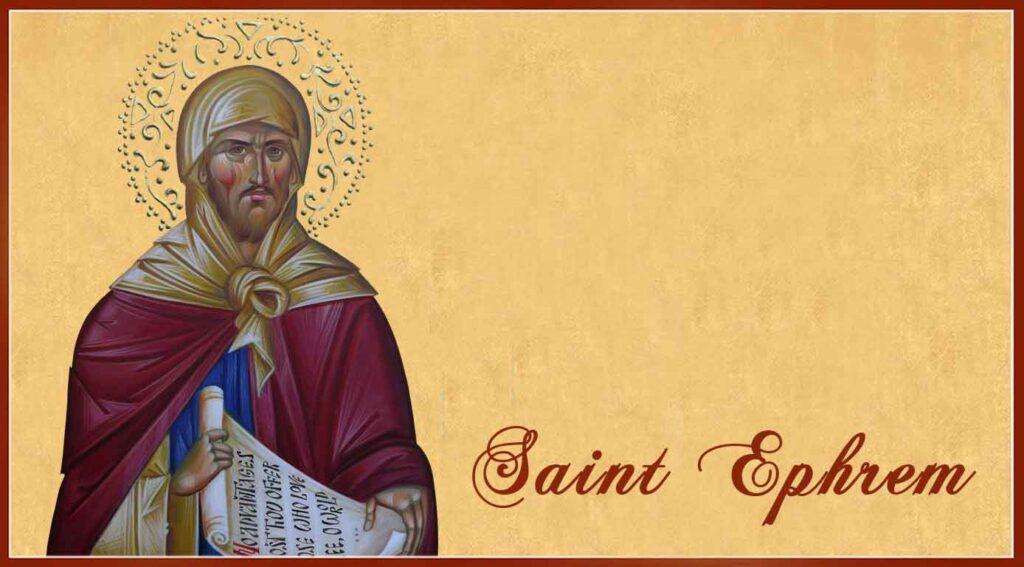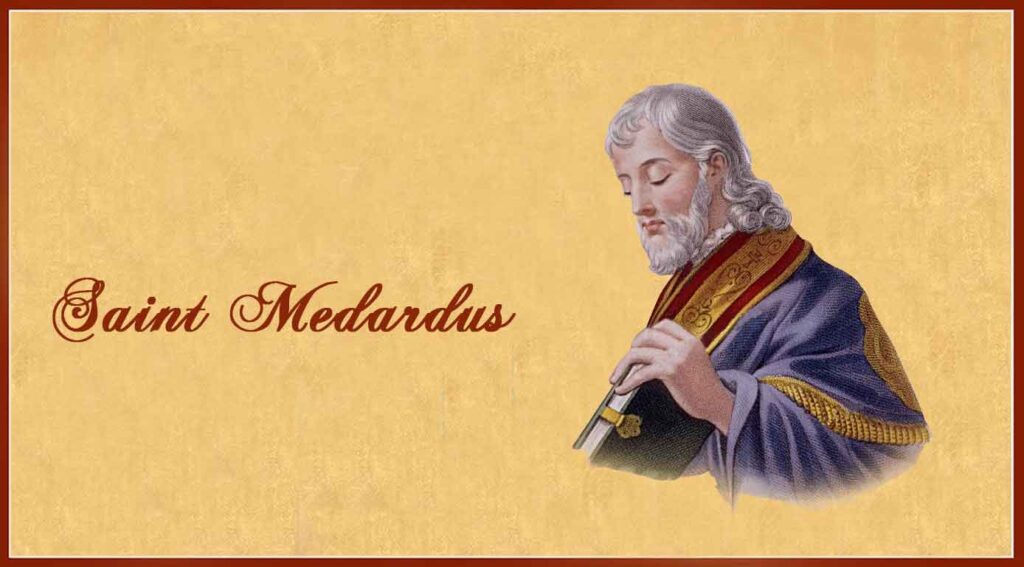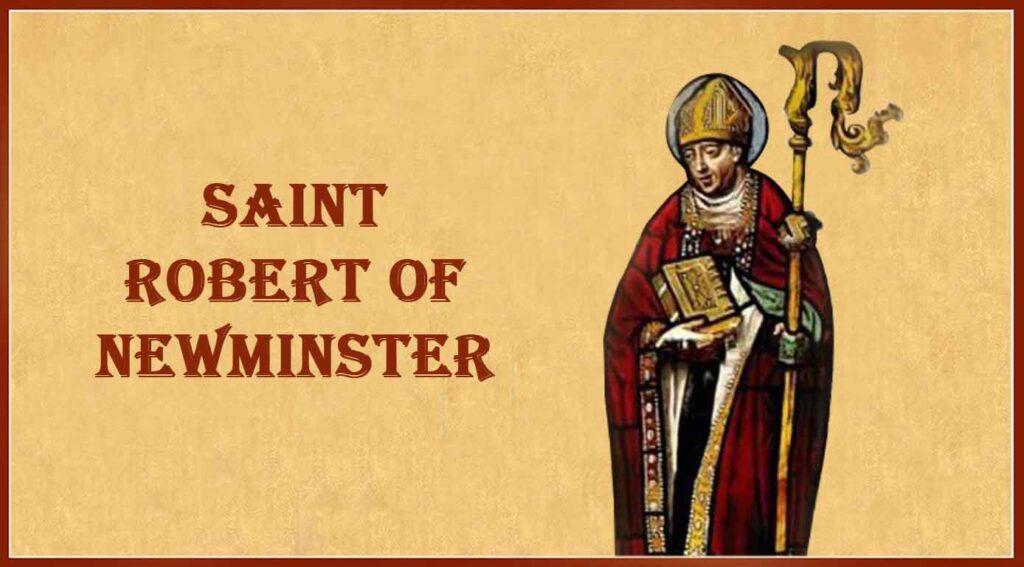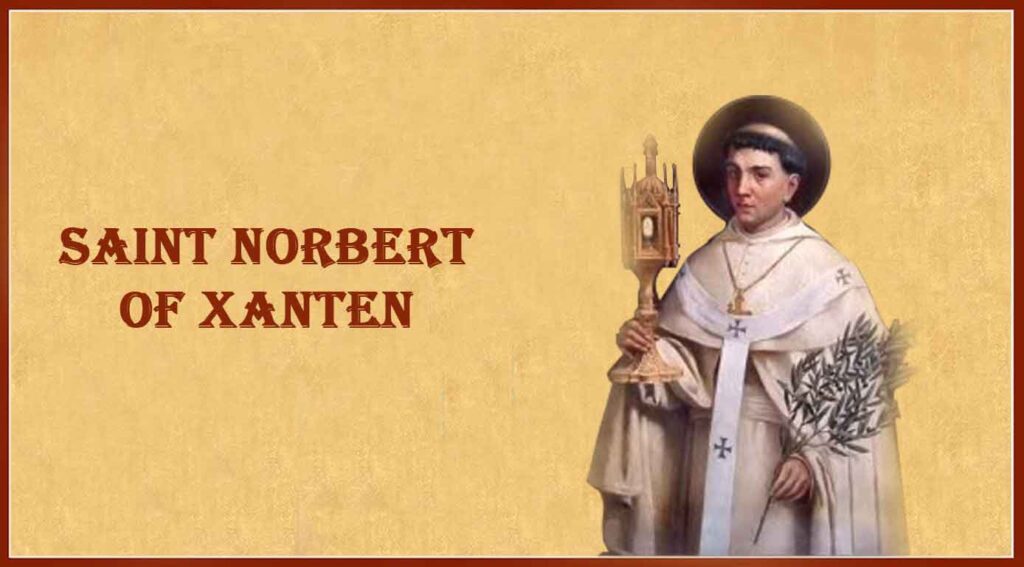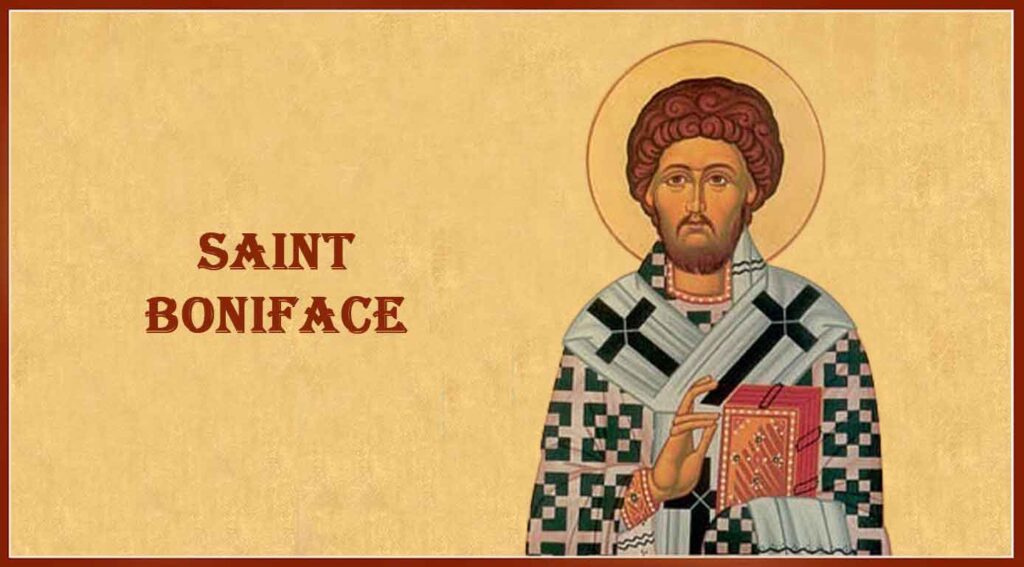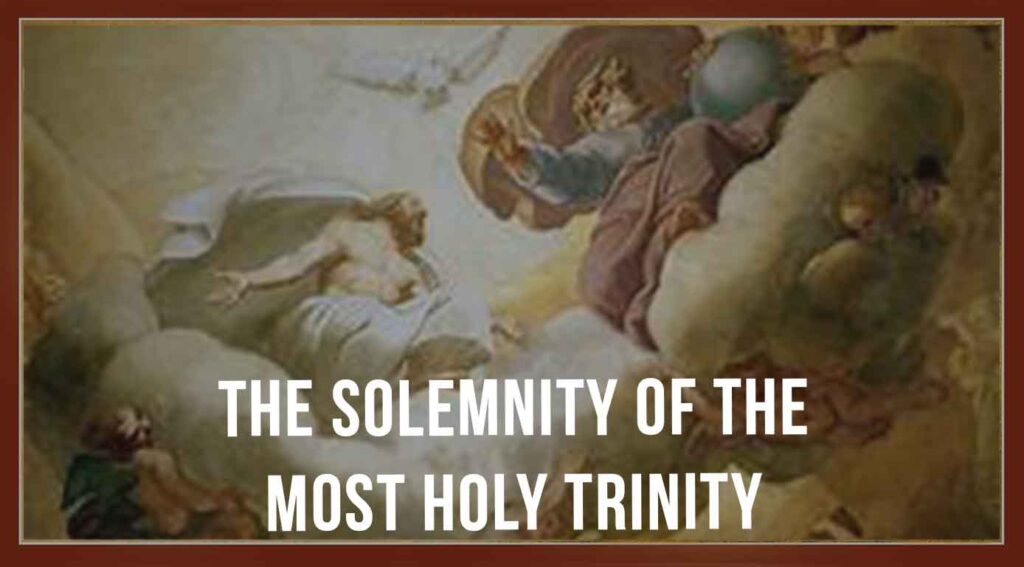Saint Ephrem
Saint Ephrem, also referred to as Saint Ephrem the Syrian, he was born in Nisibis, served as a deacon and later lived in Edessa. He was a prominent Christian theologian and writer, who is revered as one of the most notable hymnographers of Eastern Christianity.
He was born around the year 306 in the city of Nisibis. Internal evidence from Ephrem’s hymnody suggests that both his parents were part of the growing Christian community in the city, although later hagiographers wrote that his father was a pagan priest. Saint Ephrem was baptized as a youth and almost certainly became a son of the covenant, an unusual form of Syriac proto-monasticism. He was appointed as a teacher and eventually ordained as a deacon.
He began to compose hymns and write biblical commentaries as part of his educational office. The most important of his works are his lyric, teaching hymns. These hymns are full of rich, poetic imagery drawn from biblical sources, folk tradition, and other religions and philosophies. Particularly influential were his Hymns Against Heresies. Ephrem used these to warn his flock of the heresies that threatened to divide the early church.
Saint Ephrem is popularly credited as the founder of the School of Nisibis, which, in later centuries, was the centre of learning of the Church of the East. He was declared a Doctor of the Church in the Roman Catholic Church in 1920.


